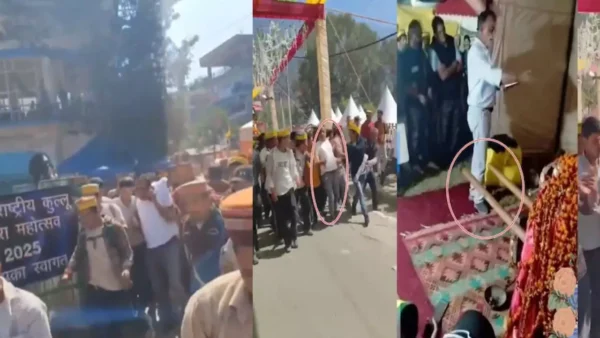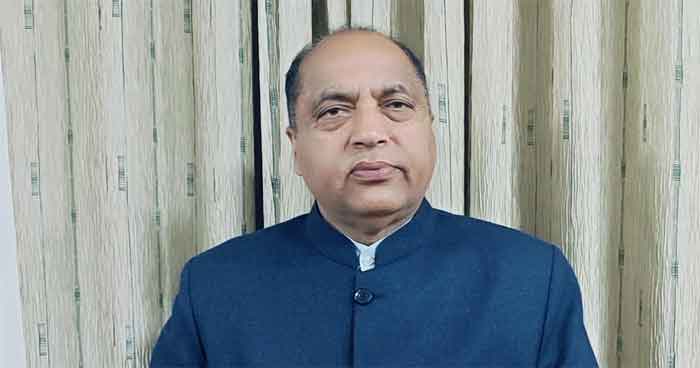Kullu News
Kullu Dussehra Dispute: A Test of Faith and Administration

The Kullu Dussehra, often described as not merely a festival but a celebration of Himachal’s eternal spiritual identity, is a time when divine traditions and local life merge in harmony. Yet, the recent incident on October 2, involving Tehsildar Hari Singh Yadav, has ignited a debate across the state—one that questions both administrative sensitivity and the sanctity of faith.
In Devbhoomi Himachal, deities are not just worshipped — they are revered as living presences embodying both devotion and discipline. When an official reportedly entered the temporary shrine of sage Bhrigu wearing shoes and, instead of exercising restraint, used offensive language with devotees, it was seen not just as a breach of tradition but as an affront to public sentiment.
According to reports, Yadav, accompanied by six staff members, visited the deity’s camp, where devotees objected to his conduct. A heated exchange followed, and the situation turned violent — an unfortunate escalation that should never have occurred.
In a land where faith governs conduct, removing shoes before entering a deity’s abode and speaking respectfully are not mere rituals — they are cultural courtesies. When these are ignored, both administrative dignity and public sensitivity suffer.
This is not the first time Tehsildar Yadav’s name has been linked to controversies surrounding local deity traditions. In 2023, he was accused of ordering the removal of 18 deities’ tents and altering traditional camping locations, sparking protests from local Dev Samitis, who viewed the move as a violation of long-held customs.
Astrologer Gopal Kapoor’s Response: “Faith Must Not Be Insulted”
Noted astrologer Gopal Kapoor from Shimla expressed strong disapproval of the incident, saying that entering a deity’s camp with shoes on is unacceptable under any circumstances. “This is not merely about religion — it is about self-restraint and respect,” he wrote, warning that law should not be weaponized to undermine divine traditions.
Referring to Yadav’s past actions, Kapoor remarked, “When you displaced the deities of Scheduled Castes, where was your sensitivity then? Now that you are affected, you remember the SC/ST Act?”
He also issued a symbolic warning: “Anyone who tries to politicize the Kullu incident will face divine retribution — losing both wealth and honor.”
Though framed in the language of astrology, Kapoor’s words resonate deeply in a region where faith is not only worship but also a measure of ethics and integrity.
Administrative and Security Lapses
BJP MLA from Banjar, Surender Shourie, has held the Tehsildar accountable, questioning the state government’s decision to post an officer with a history of religious insensitivity in Kullu. He also criticized the Congress government’s silence, calling it a reflection of administrative apathy and lack of accountability.
Despite the deployment of a large police force across the district during the Dussehra festivities, no police personnel were present at the exhibition ground when the altercation occurred — a fact the Tehsildar himself acknowledged. This lapse exposes not only a failure of security management but also a disconnect with community sentiment.
Had the administration acted with foresight and respect for local traditions, this conflict might never have escalated. What unfolded was not merely a clash between an officer and devotees — it became a test of governance, sensitivity, and the fragile balance between faith and authority.





